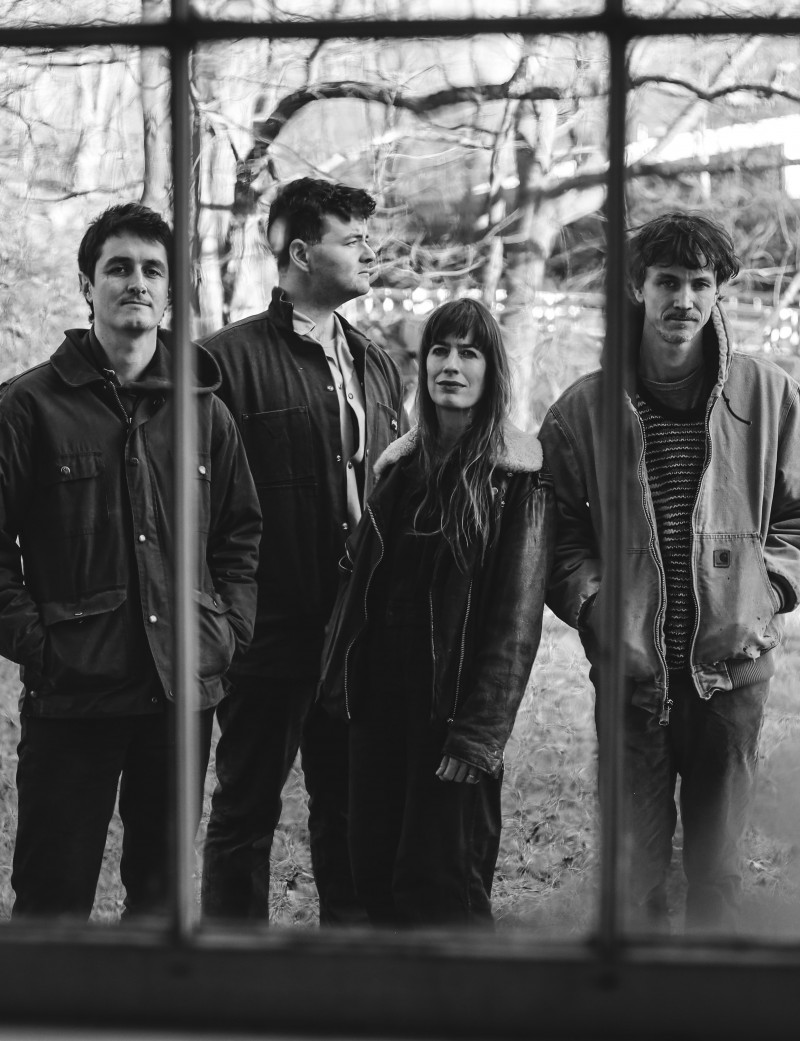Is The Felice Brothers going on tour?
Yes! You can see The Felice Brothers live on tour.
The Next
The Felice Brothers show takes place on Tuesday 29th October 2024 at Brudenell Social Club, Leeds.
Where & when can I see The Felice Brothers live?
The Felice Brothers will be performing live across the UK. Click here to view all upcoming shows. Buy concert tickets for The Felice Brothers tour dates before they sell out! Be quick, tickets are limited and in high demand.
View tour dates
Where can I buy The Felice Brothers tickets?
You can buy concert tickets to see The Felice Brothers live at Gigantic.com from Friday 12th April 2024 at 10:00am.
Where can I find out more about The Felice Brothers?
You can find out all the latest news and information about The Felice Brothers by following them on social media, or browsing their official website.
Facebook
X
Instagram
Official Website
Official Merchandise
How can I stay up to date with the latest The Felice Brothers gigs & tours?
Be the first to know and stay up to date with all the latest gigs and tours going on sale with Gigantic Tickets by signing up to our newsletter and following us on social media:
Facebook
X
Instagram
Newsletter
Who are Gigantic Tickets?
We’ve sold over 10 million tickets to more than two million happy customers: Gigantic Tickets is one of the UK's largest independent ticket agencies.
Since 2007, we’ve worked with many of the UK's biggest concert promoters, major festivals and iconic venues.
Plus, we're full members of STAR, the UK's leading self-regulatory body for the entertainment ticketing industry.
As a regulated and reputable ticket seller, you can trust us to sell tickets at face value for all of your favourite events, safe in the knowledge that our dedicated customer service team are available to help you with any queries you may have.
Like you, we live for the moments that only live events can create, so grab a ticket today and see you down the front!
